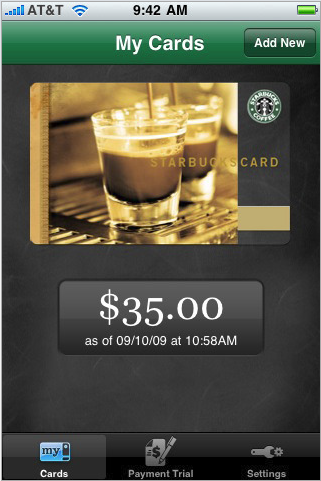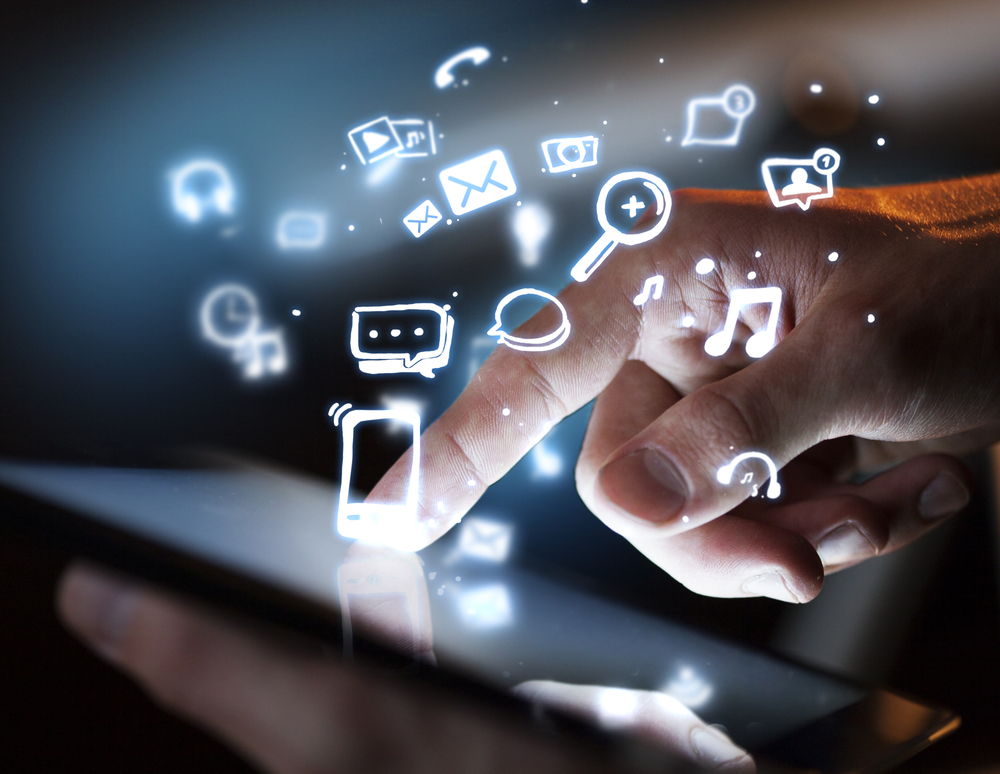The mobile technology industry is expanding rapidly. According to an infographic illustrating the FCC’s 2013 Mobile Competition Report, individual monthly data consumption grew 250% in one year, 25 billion apps were downloaded in 2012, and 34 percent of Americans are now wireless only. Verizon Wireless recognizes the importance of this growing industry and bought the rest of its company from Vodafone for $130 billion in the second biggest acquisition in world history. Ten years ago our phones merely facilitated phone calls and texts. Now, mobile devices are integral parts of our lives that connect us to one another, to our homes, our health and our businesses.
Home
Last week on NPR’s On Point Radio, BIGfish president David Gerzof Richard expressed his thoughts on the future of mobile. “Take everything in your house and make it wireless,” said David, “and then have it connect to your phone, or your watch, or your Google Glass or whatever it’s going to be that we’re talking about, sort of this next generation of device.” David went on to explain that this is already happening with products like DoorBot, Google Wallet, and Lockitron that function as mobile replacements for your doorbell, wallet and keys. These devices are just a few of the first products in the home automation industry. David expects that we’ll soon be able to control every electronic device in our home with our mobile devices.

Health
In a previous blog post, we noted that wearable tech is the next big thing. Connected bracelets like the Jawbone Up, Nike Fuelband and the FitBit Flex track your sleep, movement, calorie consumption and calories burned and then “helps you use that information to feel your best.” Apple’s recently released iPhone 5S has the ability to track your movement and knows whether you’re in the car or running. This technology enhances the capabilities of fitness and health apps, enabling them to be more precise.
Mobile devices and apps connect users to their doctors as well. For example, the app Glooko lets those with diabetes easily log their information and easily communicate with doctors. It also provides a more comprehensive list of data for doctors to analyze and interpret. A recent GigaOm article discussed a new program from Partner’s HealthCare that enables users to “collect their own data and then transmit it securely through a computer or mobile device to the hospital’s database.” This helps both doctors and patients make more efficient use of their time.
 Commerce
Commerce
Businesses small and large are affected by customers’ mobile habits. According to a Forbes article published earlier this summer, “the value of mobile commerce transactions is expected to top $3.2 trillion by 2017, compared to $1.5 trillion in 2013.” It’s important for companies to create responsive design websites to ensure ease of use across all devices, and to utilize mobile shopping apps and accept digital coupons.
Another way to get ahead of this trend is through the use of mobile wallets. The Verge recently reported that with Google Wallet Objects and Apple’s Passbook, “consumers are able to organize their phones in a way that works for them… creating a huge opportunity for retailers to not only offer a mobile wallet program, but better educate their customers on how to sign up and reap the benefits.” Starbucks has already taken advantage of this through the Square Wallet app. With this, customers can enter their credit or debit card information and pay with their phone.
While some may feel uncomfortable doing their banking on their phones, crowds are flocking to free online checking options like Simple. With the tagline “Replace your bank,” Simple’s website and mobile app help “account holders track and manage spending in real time,” CEO and co-founder Josh Reich told the Huffington post. Users can allocate money for utilities and groceries ahead of time, and then the app will let you know how much you can reasonably spend without dipping into those funds. There are no hidden fees, no ATM fees, you can pay your bills electronically, deposit checks by taking a photo of it, and use the app to authorize sensitive transactions.
What Do You Think?
It seems that eventually every aspect of our lives will be connected and mobile. Are you a fan of this mobile trend? Do you worry about the security issues that come along with having all your information stored on one device? What other parts of your life do you see headed in this direction?


